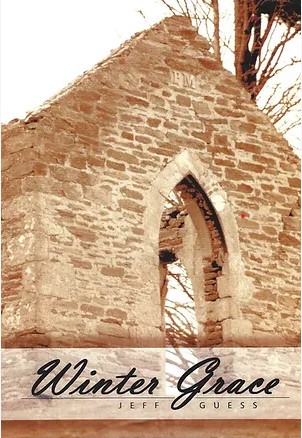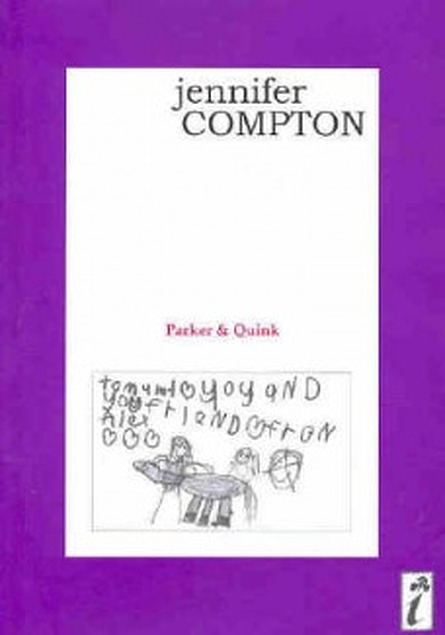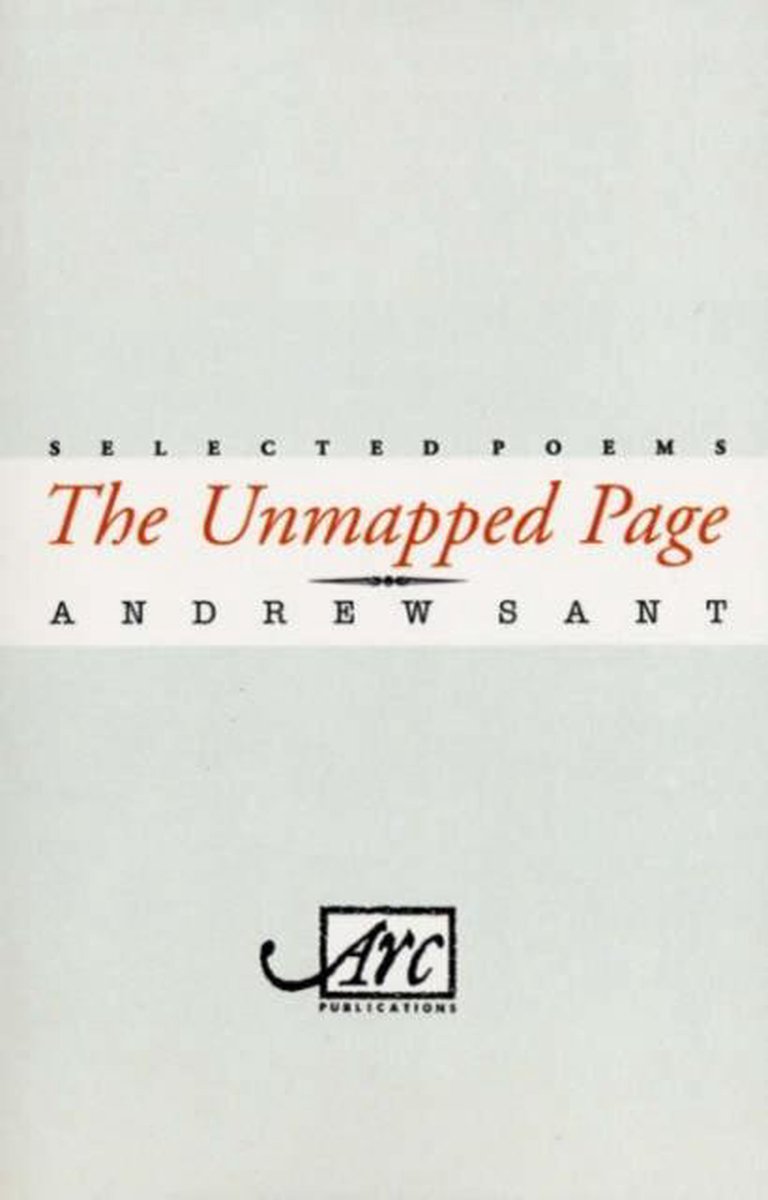Poetry
Changes: New & collected poems 1962-2002 by Keith Harrison
The word ‘collected’ on a book of poems has its embedded dangers. Collected Poems are like autobiographies: they encourage readers to confuse them with the writer’s flow of life. And we can all see what’s wrong with that, I hope. That cagey old player, W.H. Auden, issued this injunction:
Great writers who have shown mankind
An order it has yet to find,
What if all critics say of you
As personalities be true?
You had the patience that survives
Soiled, shabby, egotistic lives …
He also refused to write an autobiography.
... (read more)‘His poems, now more and more exclusively in prose, have become taut and aphoristic, for he seeks patiently to release energy potential in language, and to make of poetry an instrument of revelation, indeed a close ally of philosophy.’
These words, by R.T. Cardinal in The Penguin Companion to European Literature (1969), in fact gloss the poetry of René Char. They could be taken as an apt description of Peter Boyle’s fourth collection, Museum of Space, which represents a subtle but significant shift in his oeuvre since the virtuoso What the Painter Saw in Our Faces (2001). These are sparer, more abstract poems, less cluttered by competing images – deft, attenuated and often written in a lean, delicate prose, as if having left some of the mechanical devices of poetry behind for something more suggestively metaphysical.
... (read more)While we are apart I will
wear no shoes, walk barefoot
over Nevada sands, tune my heart
to 33 kilohertz, synchronise
my inner ear to terra firma, and,
While my brother milks
I return to mist drifting up the fence posts.
The night’s sheet slowly evaporating
giving in to day – already a process of action.
Cows backing off the platform
make their way up the track –
the stumps of their tails flicking at flies
they regard me with surprise.
The summer night is dangerous and deep.
I lie, dead still, aware of the tiniest sounds
Being so full of joy I cannot sleep.
The night is dangerous, so many lives.
I love my husband well. A sharp moon
Rubs the spine of the barn. Nothing moves.
(for David)
je ne sais quoi
but it is written in the sound of this melange
of consonants and vowels that a blind
old impressionist defeats Duchamp
In these lines, taken from ‘The African Spider Cures’, Judy Johnson might almost be describing her poetics. Nomadic, Johnson’s second poetry collection, consists of well-made poems that combine objective views of the world with snippets from the poet’s personal life. In the title poem, which centres around a recent separation, Johnson compares her experience of finding an illicit love letter with a Bedouin shepherd-boy’s chance discovery of the Dead Sea Scrolls: ‘There is no connection between the two events,’ she writes, ‘[…] Yet I encounter coincidence.’
... (read more)Parker & Quink by Jennifer Compton & The Yugoslav Women and Their Pickled Herrings by Cathy Young
Jennifer Compton creates uneasy feelings. Her monologues come from desperate people: frantic, locked out, locked in. They all have some secret and are going to tell us, if it takes subtlety or no subtlety. What saves their querulous, impossible concerns from turning into rants or whinges is Compton’s actorly control of voice. These are poems of original intent and purposive control. The shocking ideas at the centre of her poems are tempered by a voice trying to master the extreme reality they relate. Her dramatic proclivities inform her work at every tum: characters are usually in places they don’t want to be, new circumstances have to be negotiated with an old map of the mind. On occasion, Compton even writes directions straight into the verse (‘I’ll shift from my mother’s voice and just give you the gist’), an unashamed member of theatre workshops.
... (read more)For some reason, I have always been mildly resistant to the poetry of Andrew Sant. It is hard to know why. At its best, it is thoughtful, sensitive and intelligent. You get a sense of the poet poised with antennae aquiver for the vibrations of an invisible world. A poem from The Flower Industry (1985) describes a radio receiver ‘selecting a loose vibration from the taut air / and threading it through the wired network’ and concludes with an image of the poet travelling ‘in a car at high speed where the mind / is a curious receiver, exposed, intent / on that which is always about to be revealed’. As a poet, he is sensitive to what is often just out of sight or out of consciousness. His best book, Brushing the Dark (1989), contains a poem about the work of an early Hobart photographer but moves on, characteristically, to speculate on ‘what he missed or narrowly missed’: a man with his back to the camera, almost out of the frame. Here the camera, another black box, acts as a receiver. Another poem, also about a photograph, speaks of wanting ‘the energy behind the shimmering gleam of appearances’.
... (read more)I have left its windows open
so you might as well climb inside
where you can be safe for now from weather,
and though you’re already feeling intrusive
think of yourself as a museum visitor
to a reconstruction of a life now silenced.
The bed, I know, has not been made
but the silver cutlery on the formal dining table is meticulous.
You will not be roped out of any room
and you can be confident
the writer left before you and your party arrived.
The place is left as realistic as anything you might write yourself.
Dirty clothes (for instance) are piled into a predictable straw basket,
their odour not quite animal or human, ... (read more)






